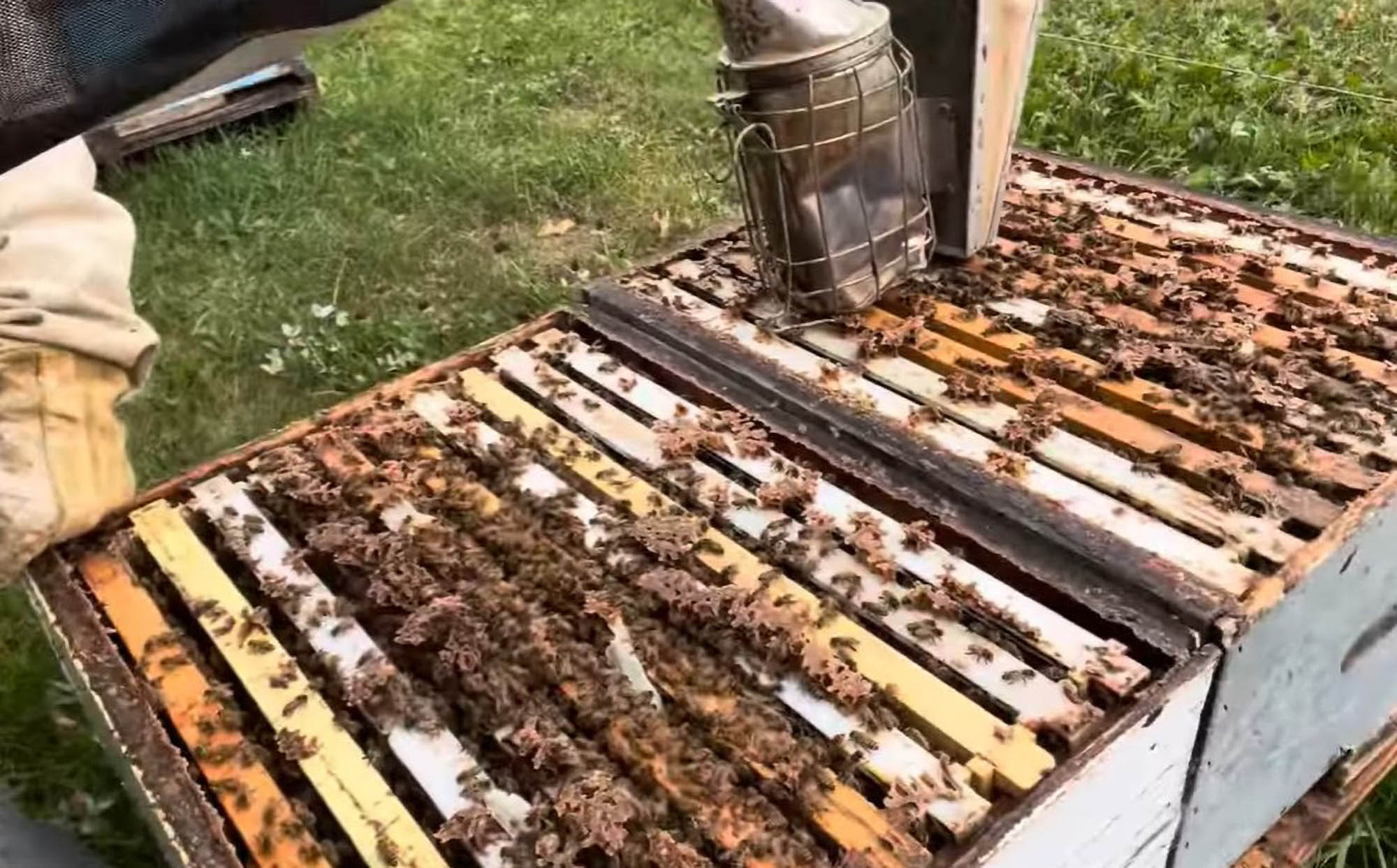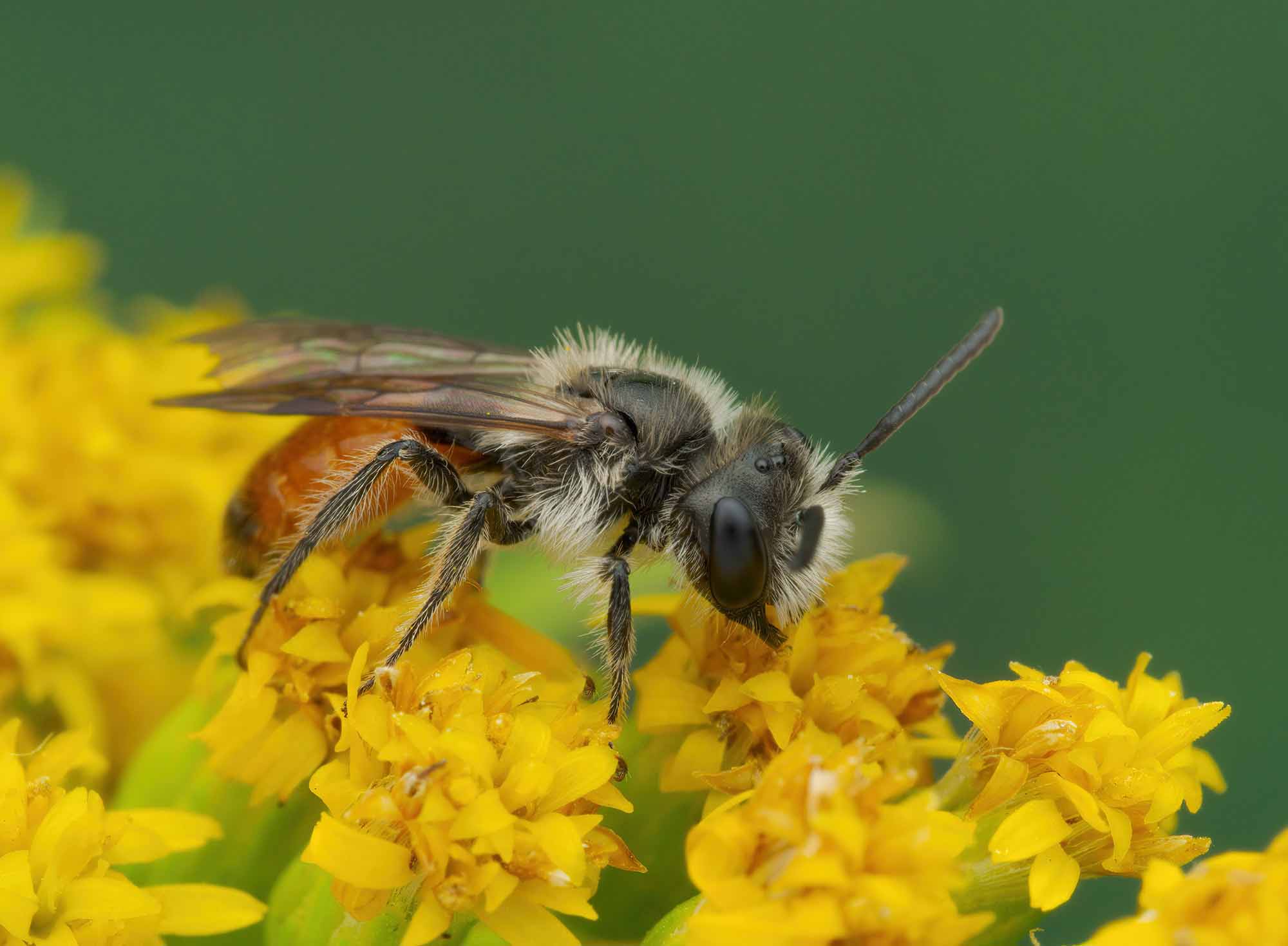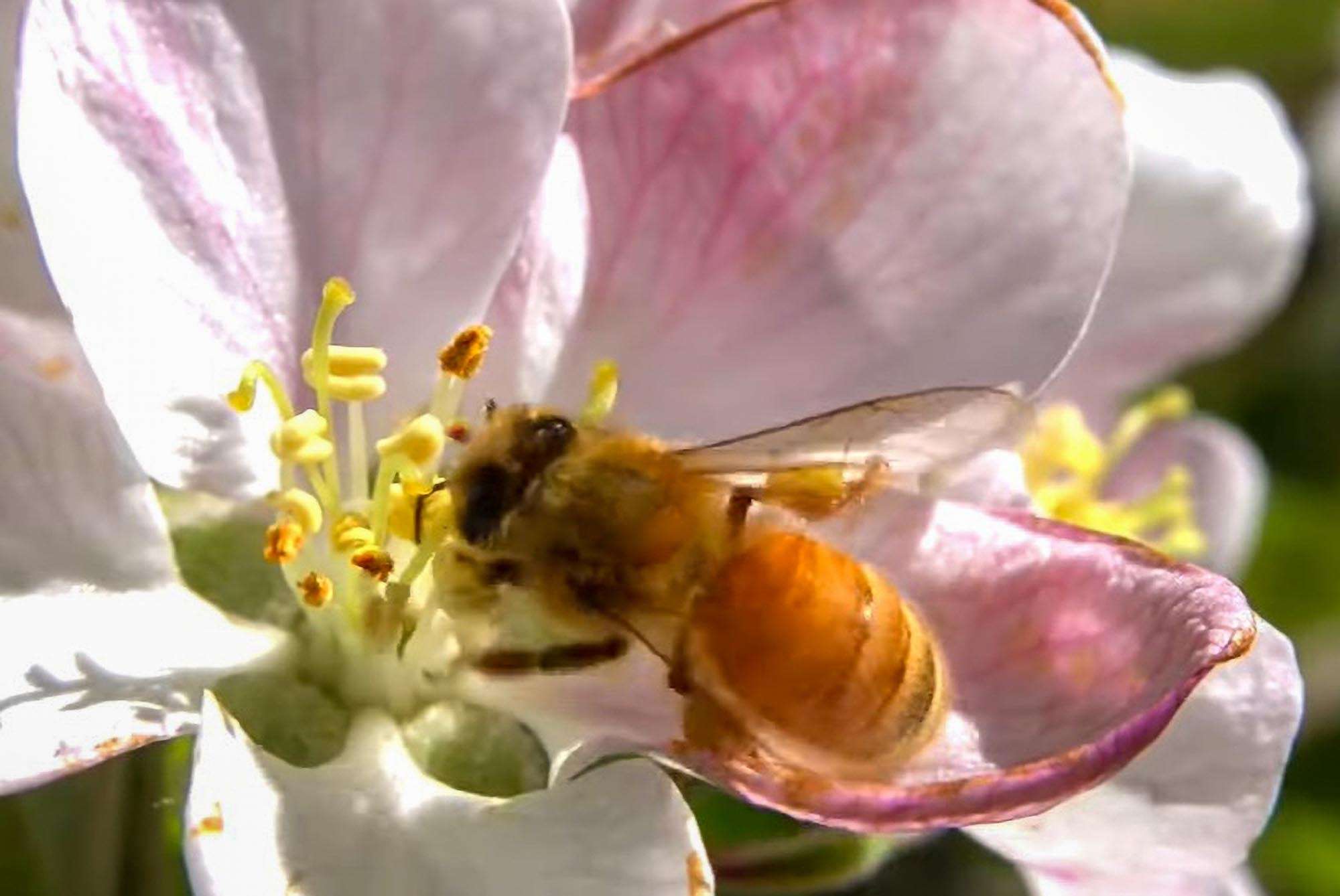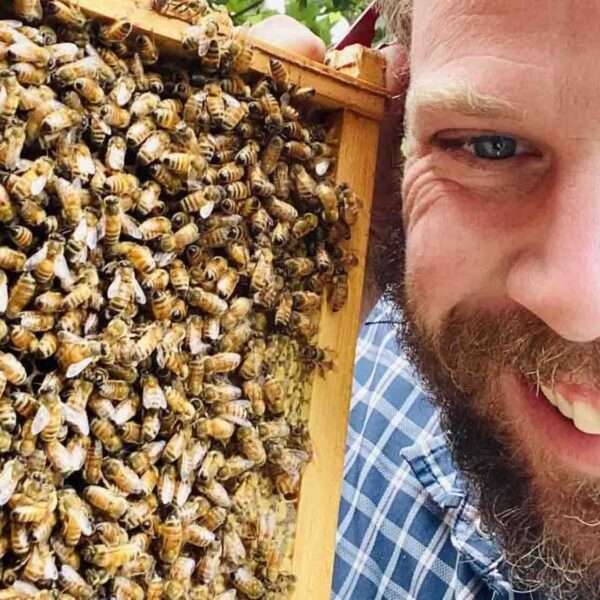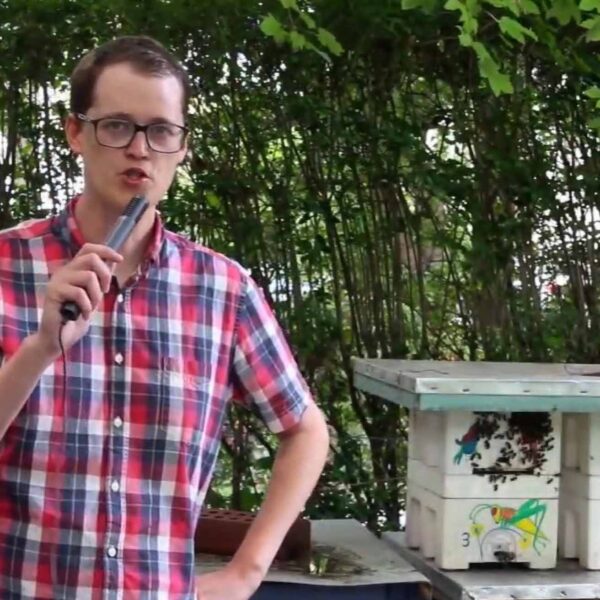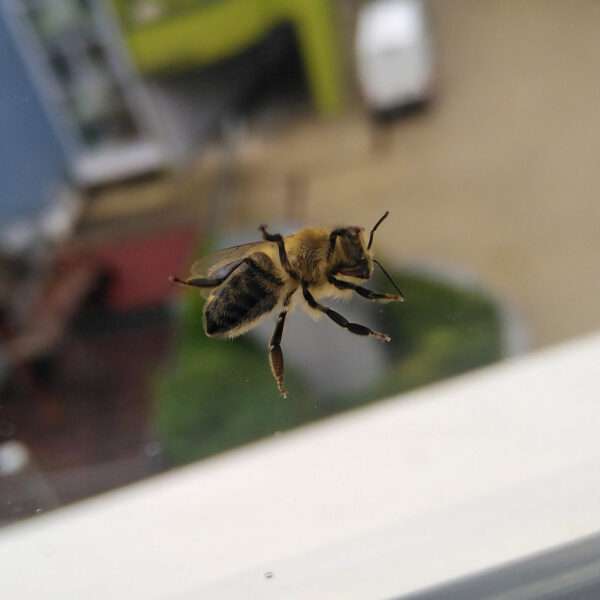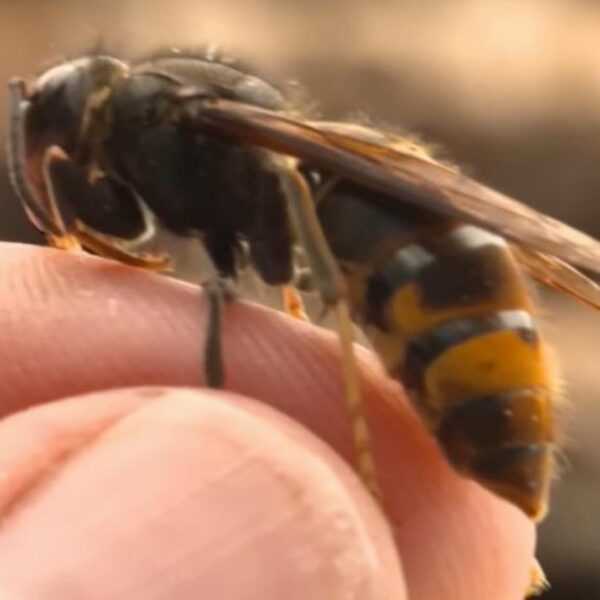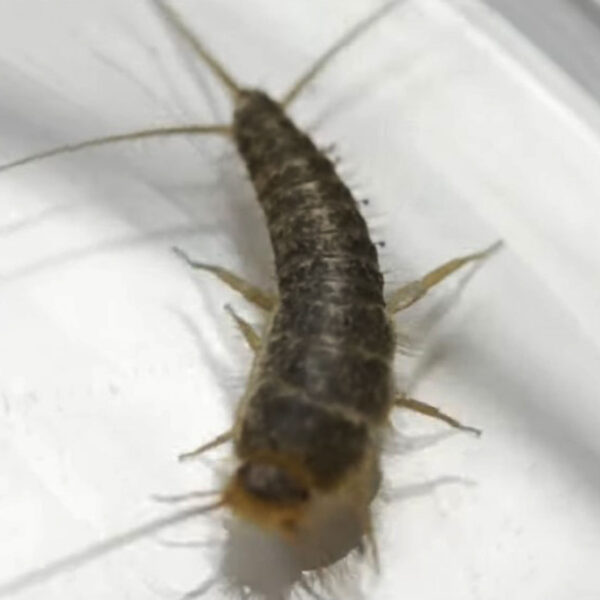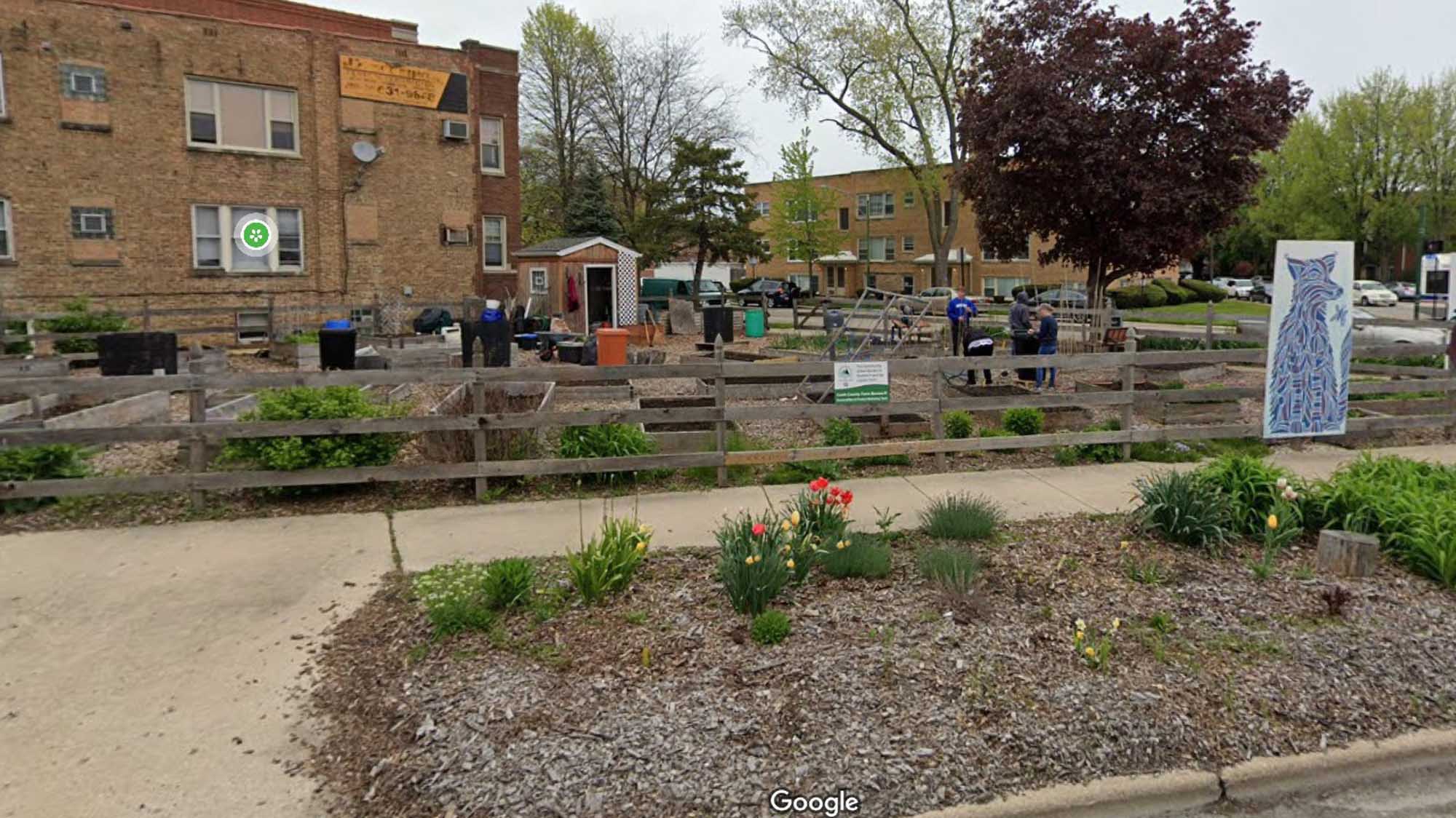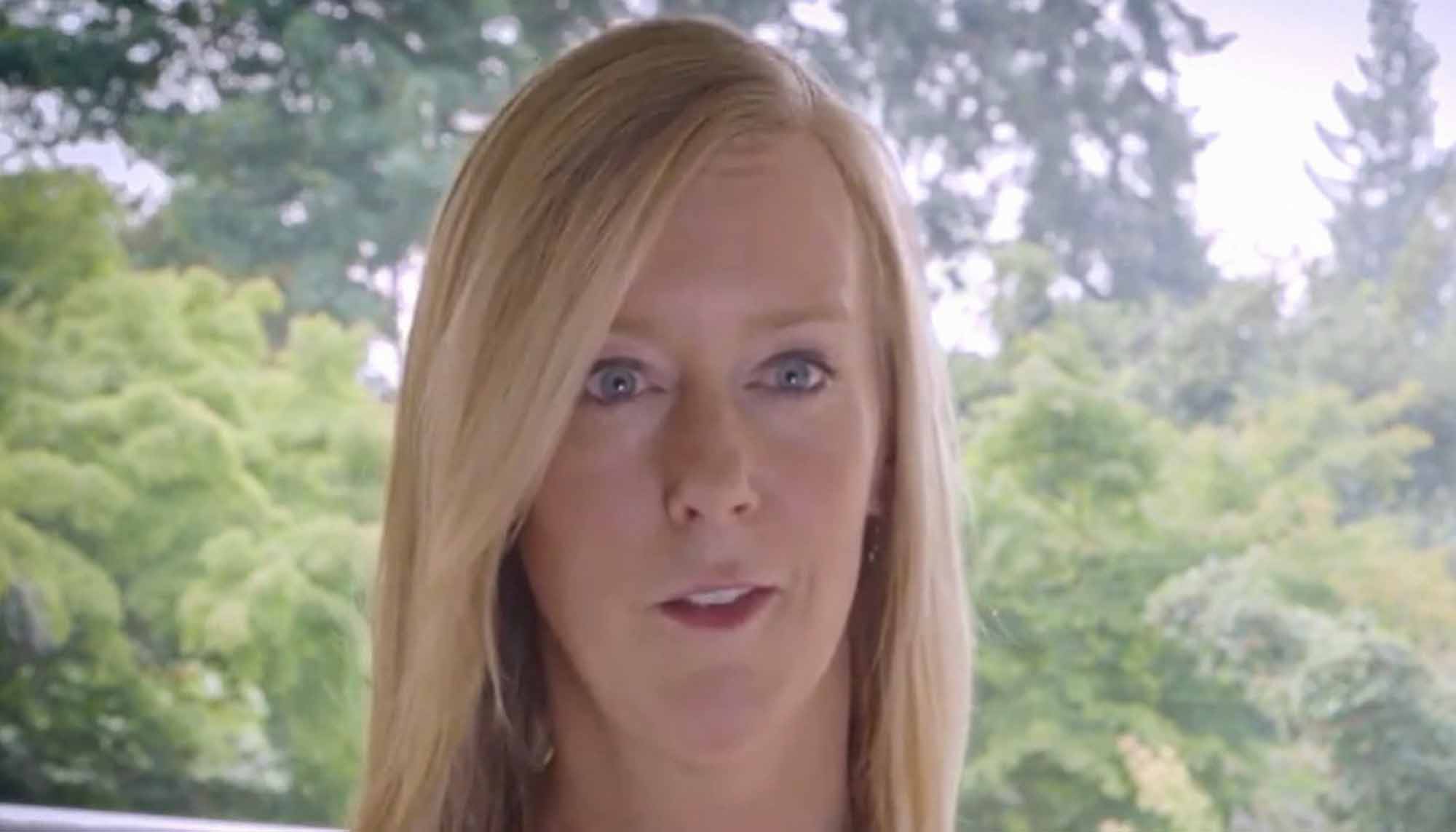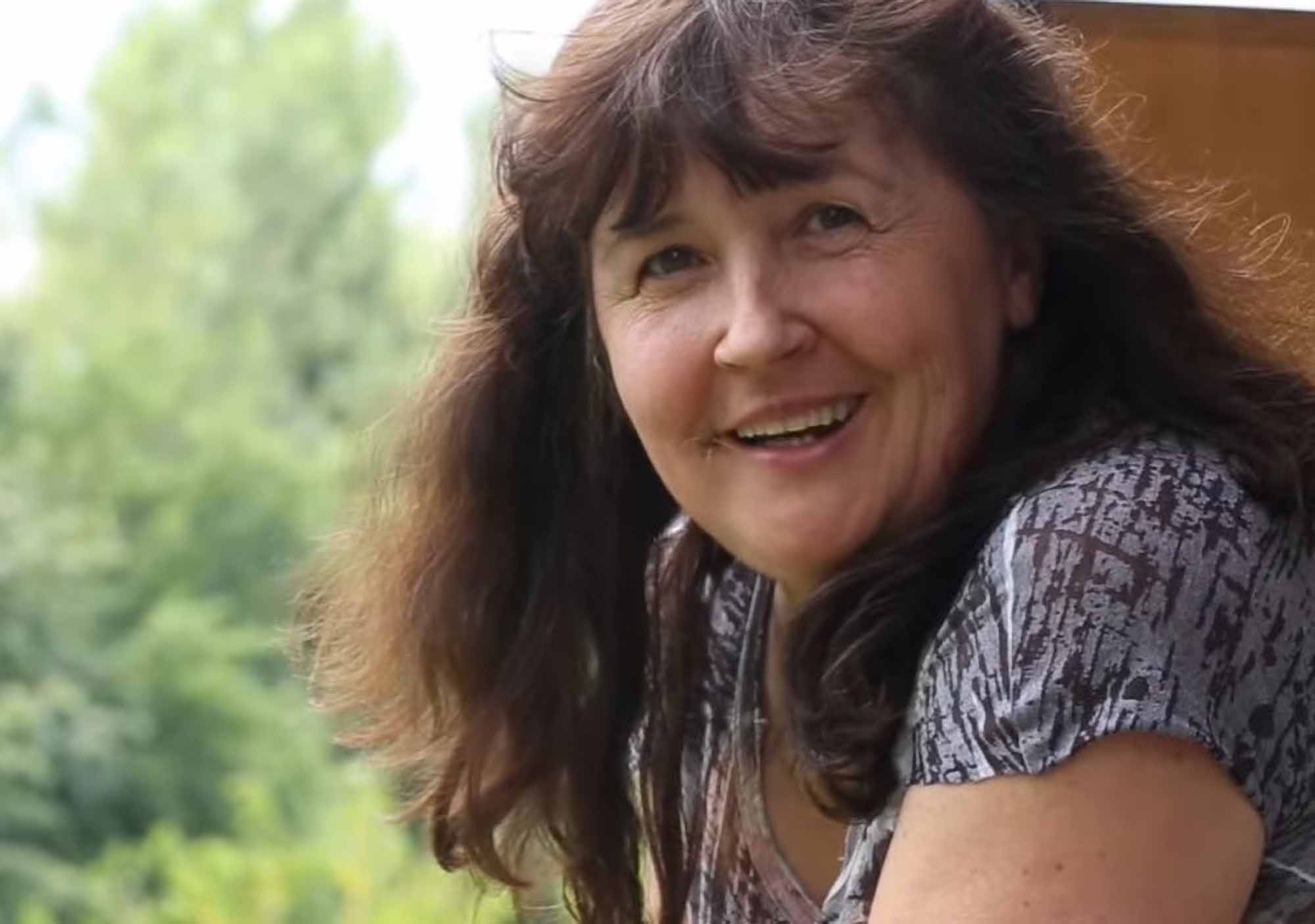An experienced beekeeper has described what apiarists are focusing on during wintertime.
Johann Ebner from the small town of Mörtschach has won numerous awards for his mountain honey.
The 69-year-old Carinthian is cooperating with his friend Horst Plössnig regarding the management of the honeybee colonies and the production of honey. Johann and Horst are in charge of around 70 hives, according to the Osttirol Heute news website.
Johann explained: “Wintertime preparations commence in October. After the honey is extracted and the harvest is finished, apiarists focus on providing the bees with nutrition to ensure they can build up a strong winter colony.”
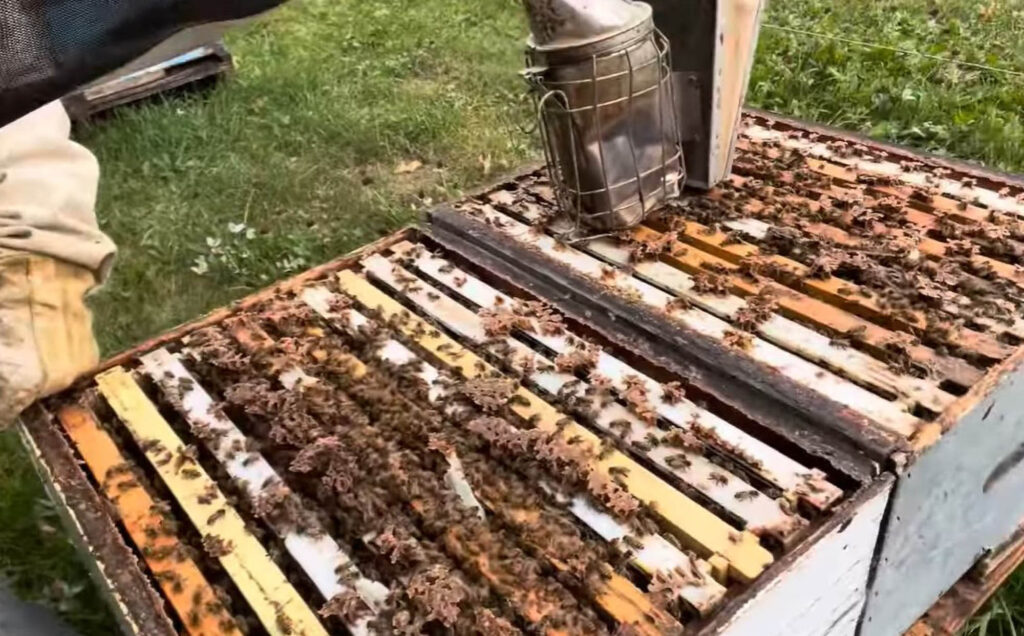
The 69-year-old retired bank branch director added: “It’s all about making sure that the bees do well in the cold period so they can get back to work in spring.”
Johann said his colonies search for willows, cherry blossoms and dandelions when temperatures are slowly rising in the new year.
The apiculture enthusiast, whose honey has been awarded multiple times, said about his friendship with fellow beekeeper Horst: “Not one day passes without being in touch. We do not only share our love for beekeeping but also the High Tauern Natural Park’s pristine environment.”
Varroa mite parasites have been widely recognised as the most dangerous issue that can potentially affect honeybees during the cold period. Experts have warned that an infestation can lead to the death of the whole colony.
Honey contains magnesium, calcium and zinc. It presumably has antidepressant and anti-anxiety benefits. Furthermore, it reportedly acts as a cough suppressant for people with upper respiratory infections.
Johann emphasised: “Real honey consists of up to 200 valuable ingredients and is therefore very healthy. If you want to succeed as a beekeeper, you need to adapt to nature and the bees. Each season and each colony are different.”
Among the 560,000 residents of Carinthia, there are around 3,400 beekeepers. For the overwhelming majority, apiculture is just a hobby.

